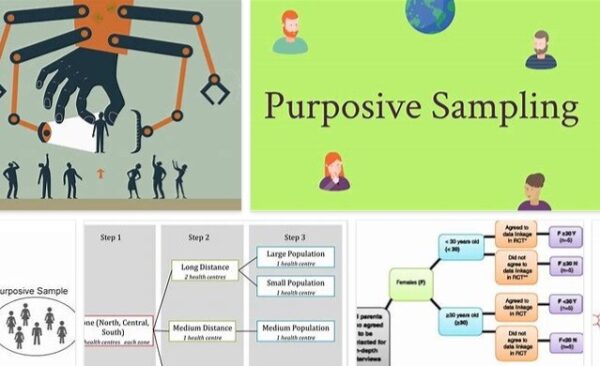Purposive Benefits – What is the Purpose of a Disability Income Benefit?
Purposive Benefits are in this part of article. A study can benefit from the purposive benefits of sampling, but you may be wondering how to use it. The good news is that there are many options available, including a free trial of Alchemer. In this article, we’ll discuss what purposive incentives are and how they work. Then we’ll discuss informational benefits. For more information about this technique, check out the Alchemer website or download its free trial.
What is purposive incentive?
The idea that an organization should have a purpose is not new, but the question is: What is the point of creating a group for which people will contribute their time, skills, and resources? Such an incentive is often called a solidary incentive, and it motivates people to join a group with similar goals. However, this type of incentive is rarely sustainable, and is best used as a last resort. This is because individuals are unlikely to join a group that has no purpose but to enrich the group.
Interest groups and political organizations often involve material and purposeful incentives. Members of a business organization, for example, might want to join their local chamber of commerce or lobby for business-friendly policies. Others may want to become members of an industry association to promote a specific type of product, or join an interest group for a particular reason, such as employment opportunities. Purposeful incentives, on the other hand, stem from personal beliefs. Some are issue-oriented, while others are ideological.
Nonexcludability, on the other hand, can lead to a collective dilemma and free rider problem. In such a scenario, rational individuals would rather pay for the goods of a group than receive a free ride. Olson originally stated that only selective incentives can stimulate group behavior – i.e., incentives that treat people differently. Since then, formal theorists have advanced this concept. By using selective incentives, a group can generate more productive behavior.
What are informational benefits?
When reading informational texts, people often do so for personal benefit. This may be a book on money management, a magazine article about Buddhism, or a field guide to identifying birds. This type of reading benefits both the individual and the organization. Purcell-Gates, Duke, Hall, and Tower (2002) studied people who read informational texts for personal benefit. Some of the benefits of reading informational texts include gaining knowledge and understanding, while others may benefit from a social or community aspect of the texts.
Such an incentive is often called a solidary incentive, and it motivates people to join a group with similar goals. However, this type of incentive is rarely sustainable, and is best used as a last resort. This is because individuals are unlikely to join a group that has no purpose but to enrich the group.
When reading informational texts, people often do so for personal benefit. This may be a book on money management, a magazine article about Buddhism, or a field guide to identifying birds. This type of reading benefits both the individual and the organization. Purcell-Gates, Duke, Hall, and Tower (2002) studied people who read informational texts for personal benefit. Some of the benefits of reading informational texts include gaining knowledge and understanding, while others may benefit from a social or community aspect of the texts.






